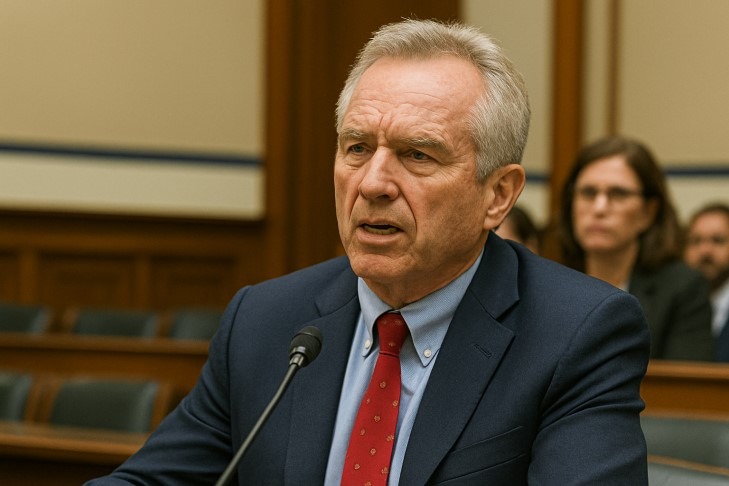
Historic Medicaid Cuts: A Turning Point in American Healthcare
On a decisive Friday, President Donald Trump signed a monumental tax and domestic policy bill that has ignited concerns among healthcare advocates and potential beneficiaries as it heralds the largest cuts to Medicaid in U.S. history. The legislation, which narrowly passed through a contentious congressional process, has the potential to strip millions of Americans of their Medicaid coverage—an essential safety-net for many low-income and vulnerable populations.
The bill reflects a deep ideological divide in Washington, as it comes at a time when the nation's healthcare services are already under stress, exacerbated by the ongoing aftermath of the COVID-19 pandemic. Beneficiaries of Medicaid, including many in communities often facing health disparities, are now left to grapple with an uncertain future in their healthcare access.
Work Requirements: The New Medicaid Landscape
One of the bill's most contentious elements is the introduction of work requirements for certain Medicaid beneficiaries. Under the new law, childless adults and those with children older than 14 must demonstrate engagement in work, volunteering, or education for at least 80 hours per month to maintain their insurance coverage. This change is emblematic of a shift toward personal accountability in welfare programs, but it raises questions about feasibility for low-income families who may struggle to meet these new mandates.
Frequent Eligibility Checks Raise Concerns
The legislation mandates that states verify Medicaid enrollees' eligibility every six months instead of yearly, potentially creating barriers for those who might inadvertently miss their deadlines. The ongoing eligibility requirements could lead to many beneficiaries falling through the cracks, further complicating their access to necessary healthcare services.
Impact on Women’s Health Services
A pivotal aspect of the bill includes cutting Medicaid funding for Planned Parenthood, which provides essential health services including reproductive health care, cancer screenings, and family planning. Advocates for women's health argue that such cuts will disproportionately affect women, particularly in low-income communities who rely on these services for basic healthcare needs.
Community Health: A Ripple Effect
The anticipated reduction in Medicaid funding may have profound ramifications for community health and wellness initiatives. As states wrestle with the implications of the bill, local healthcare providers may find it increasingly difficult to serve low-income families without the financial support previously afforded by Medicaid. The ramifications extend beyond just physical healthcare; they encompass mental health services and overall community vitality.
Future Predictions: What Lies Ahead?
As we look to the future, the full impact of this legislation on American healthcare is yet to unfold. Experts predict that these cuts could lead to increased numbers of uninsured individuals, a rise in emergency care usage, and, ultimately, greater strain on hospitals and healthcare systems. Communities may also need to pivot towards more innovative, holistic health and wellness solutions to fill the void left by reduced Medicaid funding.
Taking Action: How You Can Get Involved
Staying informed about the impacts of legislation on community health is critical. Engaging with local health and wellness initiatives can empower individuals to advocate for those affected by these cuts. Additionally, connecting with community resources and exploring alternative wellness options, such as local health and wellness centers, can foster a healthier society despite the legislative challenges.
 Add Row
Add Row  Add
Add 




 Add Row
Add Row  Add
Add 


Write A Comment